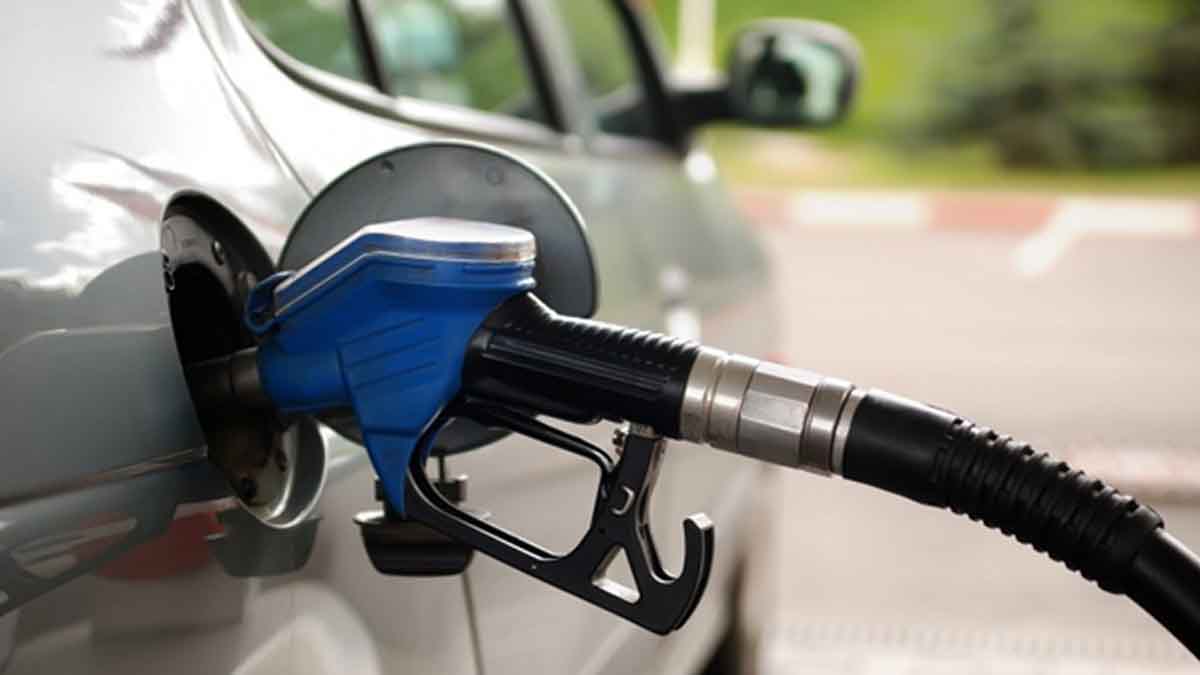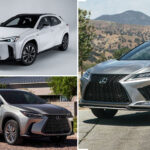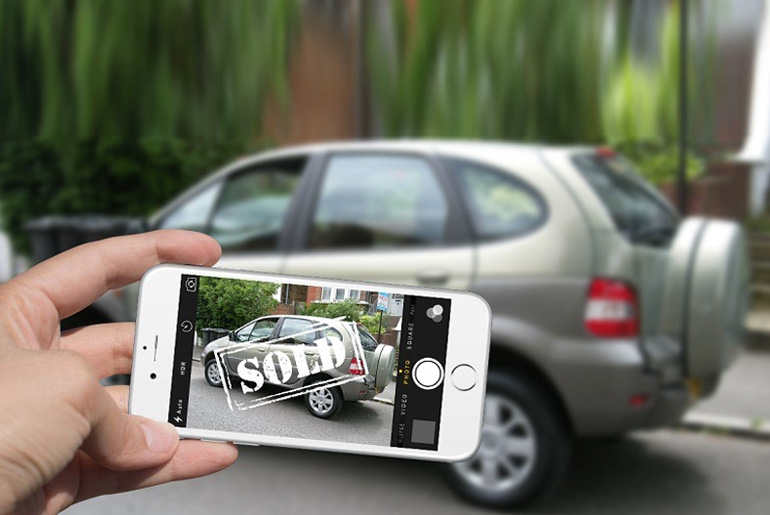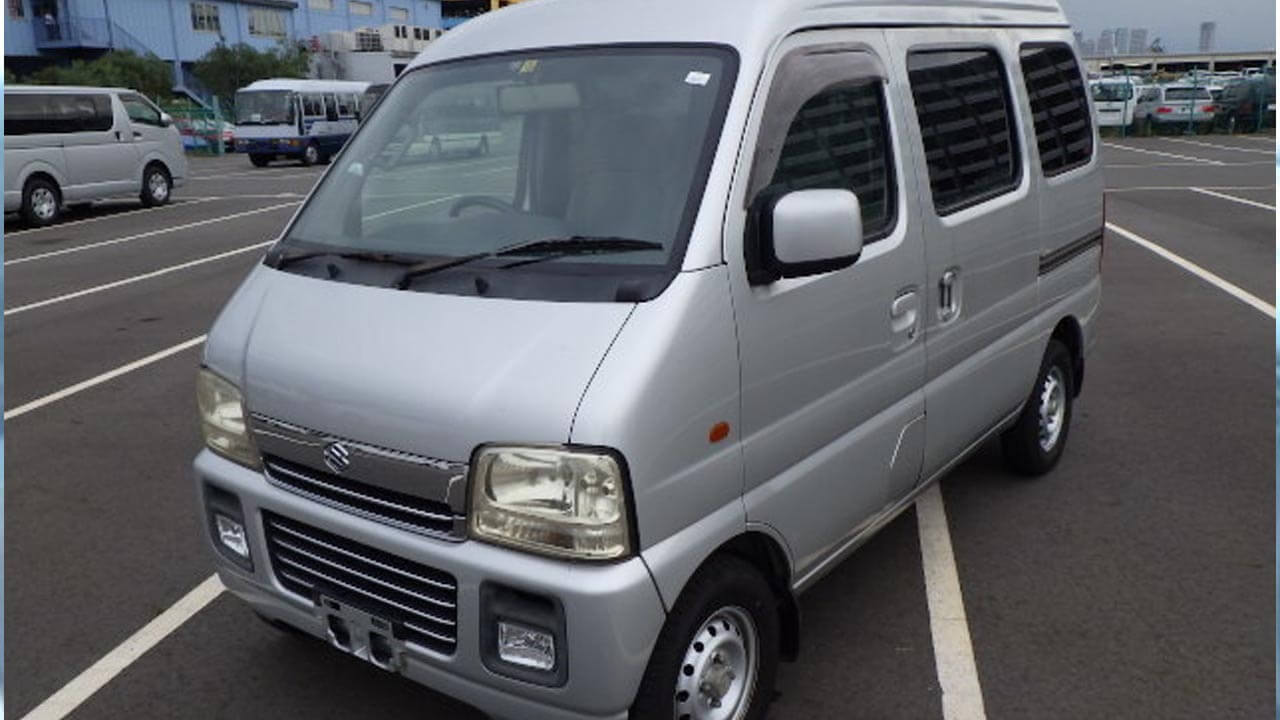Millions of drivers throughout the world feel pressured to alter their habits whenever petrol prices rise. Although a little shift in gas prices won’t have a significant impact on how people commute, recent trends have car owners seeking ways to cut fuel costs and save money.
Table of Contents
Of course, purchasing a more fuel-efficient vehicle is one of the simplest solutions. That is why more sales of hybrid and electric cars have begun to be the norm, but at times, these cars aren’t usually affordable or accessible to single-digit drivers. Fuel-efficient cars are very ideal, especially in Nigeria, whenever we have issues of fuel scarcity. But, the expensive nature of this becomes a problem for the average driver.
Buy top trending Car accessories in Lagos and Original Korea Battery now Check @carfanzy Lagos on Instagram
Read the information below to learn what fuel-efficient driving accomplishes and how to do it. These suggestions will make your wallet happier.
- Check Tire Pressure
You should check your car’s tire pressure to reduce fuel usage. It should adhere to the manufacturer’s recommendations rather than be too low or high. Increased rolling resistance results from underinflated tires. More rolling resistance results in more gasoline being burned to overcome it.
What about tires that are overinflated? It turns out that even though having overinflated tires can cut fuel use, the difference is small. Furthermore, overinflation makes the vehicle less stable, thus the risks outweigh the benefits. Additionally, it will cause uneven tire wear.

- Reduce Cold Engine Operations
Should drivers warm up the gasoline or diesel engines after a car hasn’t been used for at least 24 hours? Modern machinery was designed without the need to just sit idle, even at lower temperatures, but previous engines needed to run idle for up to two or three minutes.
You’ll notice that the tachometer needle will briefly hover in the 1,400–1,500 rev region every time you start a modern car. Depending on the weather, the tachometer needle drops to its normal position after a few seconds, signalling that the car is ready to move. After a cold start, excessive idle time delays warm-up, and a cold engine consumes more fuel. Additionally, idling will thin out your oil and dilute it with gas.
After a 30-minute drive, the temperature needle on the engine should be in the ideal position. Before that occurs, keep the engine’s rpm low until the proper temperature is reached to maintain high fuel efficiency levels. As long as the terrain doesn’t cause lugging or engine strain, you should be alright if you maintain a speed of around or below 2,000 rpm.
- Change Your Driving Style
Your driving habits have an impact on your safety, the depreciation of your car, and fuel efficiency. The type of vehicle you drive has the biggest impact on your fuel economy, but everything you do while driving, including accelerating, shifting, towing, idling, and stopping, also has a significant impact.
Aggressive acceleration, in particular, has the most effect on fuel economy. Fuel usage is higher when accelerating. Make sure the car is moving at a steady pace as you increase the speed if you want to consume less petrol, especially when commuting in the city. Instead of stomping on the pedal, accelerate gradually while maintaining an even speed.
- Use Air-Conditioning (AC) wisely
Using a vehicle’s air conditioning system boosts fuel usage more than any other auxiliary function. In reality, an air conditioning system can raise fuel usage by up to 20% due to the additional strain it places on the engine. The load is determined by the size of the vehicle, the outside temperature, and other factors.
You might wonder whether it is more energy-efficient to operate your car’s windows or the air conditioning. The speed at which you are travelling is the major factor in the answer to the question. As a vehicle travels faster than the initially ideal speeds, the engine’s power efficiency and fuel economy decrease. Therefore, using the air conditioning while travelling in slow traffic will use more fuel than turning it off and leaving the windows open.
- Keep Engine Revs In Efficient Range
Most drivers believe that using top gear will help them use less fuel, but this isn’t entirely accurate. Every engine has a sweet spot when each part performs nearly flawlessly, enabling the engine to excel in fuel efficiency. Depending on the engine displacement or fuel type, the sweet spot for fuel economy lies somewhere between 1800 and 3000 rpm. Spend some time determining the ideal range for your car.
Avoid driving methods that choke the engine of your car. EveryEvery gasoline or diesel engine will produce significantly less power, wasting a lot of fuel in the process. Most drivers believe that using top gear will help them use less fuel, but this isn’t entirely accurate. Depending on the engine displacement or fuel type, the sweet spot for fuel economy lies somewhere between 1800 and 3000 rpm. Spend some time determining the ideal range for your car.
Frequently Asked Questions
What impact do tires have on fuel economy?
Does driving in neutral save you gas?
Is gas saved by driving more slowly?

Conclusion
As you can see, there are several ways to reduce your reliance on gasoline. Even the most cautious driver could have difficulty if the car’s mechanical condition is inadequate.
A vehicle’s unbalanced chassis, malfunctioning fuel injectors, or out-of-date engine oil will all lead to poor fuel economy. An automobile with higher mileage or that has been neglected may exhibit some of these symptoms.
Have 1 million naira and above to Buy or Sell Cars In Nigeria? Check Carmart.ng RIght Now
All rights reserved. Reproduction, publication, broadcasting, rewriting, or redistribution of this material and other digital content on carmart.ng is strictly prohibited without prior express written permission from Carmart Nigeria - Contact: [email protected]
Stay informed and ahead of the New Car info! Follow The Carmart Blog on WhatsApp for real-time updates, Cheap Cars, and Latest new car content. Don't miss Any –
Join The Carmart Blog Channel







